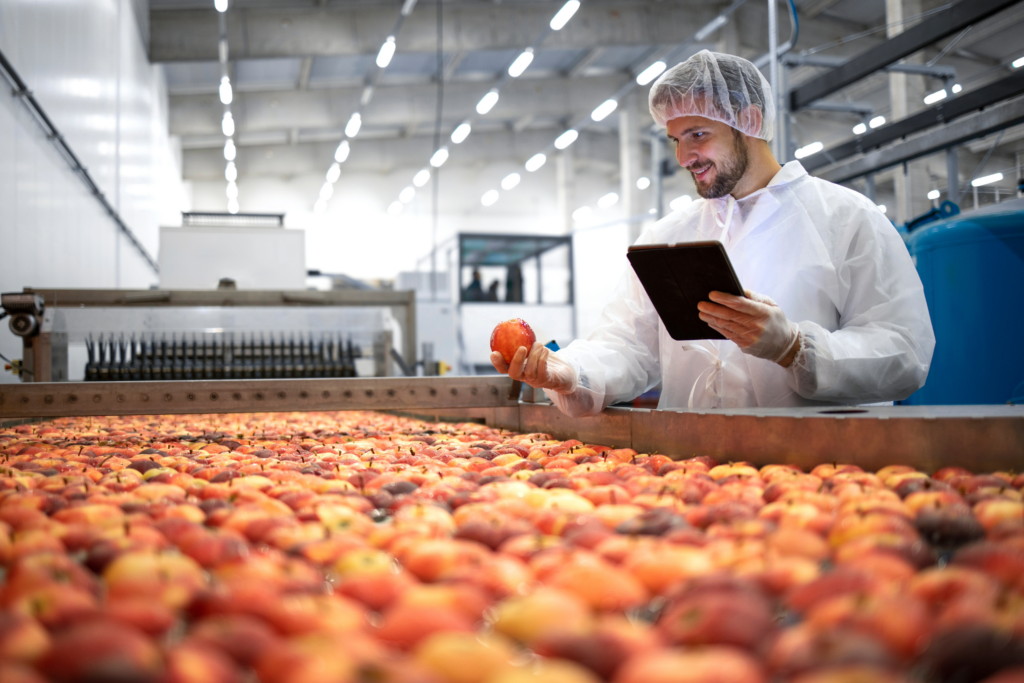As a food safety consultancy, we prioritize the health and well-being of consumers by promoting safe food handling practices. Salmonella and Listeria are two common bacteria that can cause food poisoning illnesses, and vegetables are not immune to contamination.
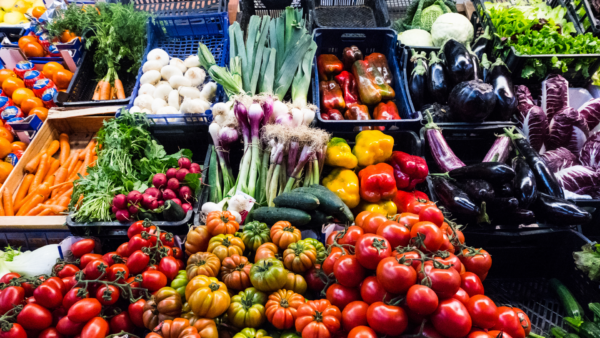
When buying:
- Select fresh produce that shows no signs of bruising or damage.
- When opting for pre-cut, bagged, or packaged produce, such as bagged salad greens or half a watermelon, ensure that they are kept in a refrigerated section or surrounded by ice.
- Remember to pack fresh fruits and vegetables separately from raw meat, poultry, and seafood when taking them home from the market. This precaution helps avoid cross-contamination and keeps your produce safe for consumption.
To ensure the safety of your produce and protect consumers, we’ve compiled seven essential tips to help you avoid Salmonella and Listeria on vegetables:
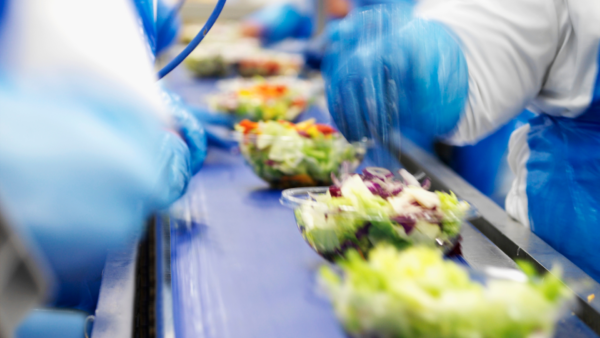 Wash Hands and Surfaces:
Wash Hands and Surfaces:
The first line of defense against foodborne pathogens is proper hand hygiene. Before handling vegetables, ensure that food handlers thoroughly wash their hands with soap and water for at least 20 seconds. Additionally, sanitize all surfaces, cutting boards, and utensils that come into contact with the produce to avoid cross-contamination.
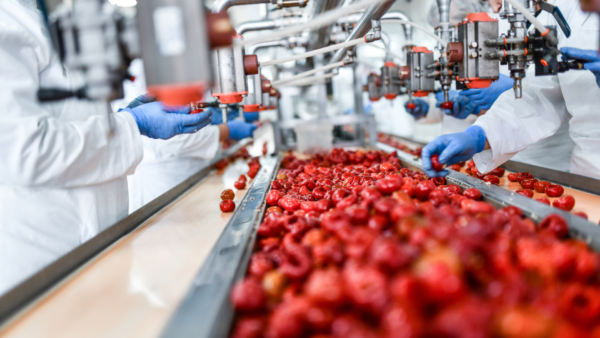 Rinse Vegetables Under Running Water:
Rinse Vegetables Under Running Water:
Rinsing vegetables under running water is a simple yet effective method to remove dirt, debris, and potential pathogens. Gently rub the surface of the vegetables with your hands or a soft brush to ensure thorough cleaning.
- Store Vegetables at Appropriate Temperatures:
Maintain proper storage temperatures for vegetables, as both Salmonella and Listeria can thrive in certain conditions. Refrigeration is crucial for most vegetables, and storing them below 40°F (4°C) slows down bacterial growth. Also, ensure that the fridge is clean and sanitized regularly to prevent cross-contamination.
- Separate Raw and Cooked Vegetables:
Avoid cross-contamination by separating raw and cooked vegetables. Use different cutting boards, utensils, and containers for each, and never place cooked vegetables on surfaces previously used for raw produce. This practice minimizes the risk of transferring pathogens from contaminated vegetables to cooked ones.
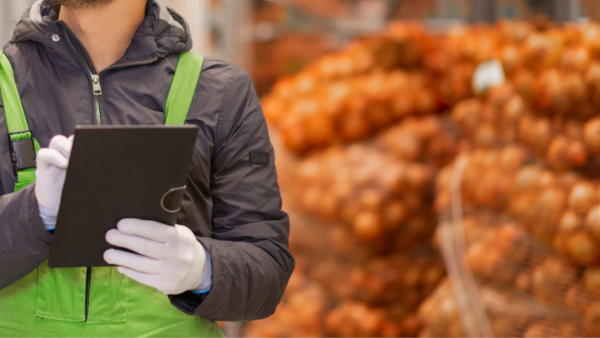 Educate Staff on Food Safety:
Educate Staff on Food Safety:
Proper training and education are essential to implement food safety practices in your staff. Conduct regular workshops and training sessions to familiarize employees with the risks of Salmonella and Listeria contamination on vegetables and the necessary steps to prevent it.
Preventing Salmonella and Listeria contamination on vegetables is crucial for ensuring the safety and well-being of consumers. By implementing these essential tips, you can significantly reduce the risk of foodborne illnesses associated with these harmful bacteria.
At Quantum Food Solutions, it is essential to advocate for these best practices to protect public health and promote safe food handling in every aspect of the food industry. With our expertise, tailored food safety plans, and commitment to excellence, we help your business build a reputation for quality and safety.
Remember, prioritizing food safety not only safeguards your reputation as a business but also contributes to a healthier and happier community. Let’s work together to build a safer and more sustainable food system for everyone.
Links:
https://www.fda.gov/food/buy-store-serve-safe-food/selecting-and-serving-produce-safely
https://www.cdc.gov/foodsafety/communication/steps-healthy-fruits-veggies.html
